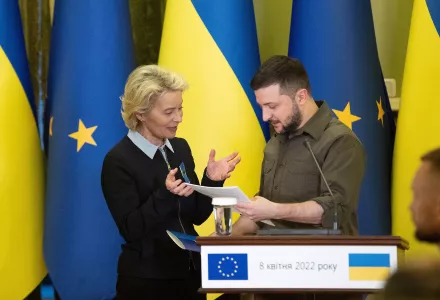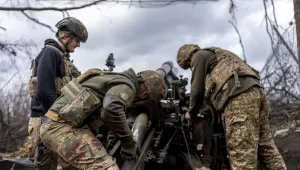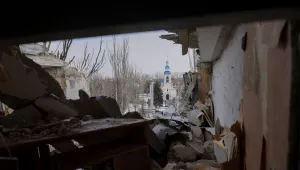
On February 24, the international community took a catastrophic blow. Already battered by two years of the COVID-19 pandemic and deteriorating interstate relations, it stood in horror as Russian forces unleashed an unprovoked war on a neighboring country. Russia’s decision to invade Ukraine and reject Ukraine’s very existence as a separate state is ominous and highly momentous for the future of the world order.
The immediate consequences have been easily observable. More than seven million refugees have now crossed borders into other neighboring states, and many more remain internally displaced without supplies and assistance. Almost all major Ukrainian cities have been destroyed, and now a global food shortage is looming if agricultural exports from Ukraine and Russia are not promptly resumed. The long-term consequences might be, if possible, even more catastrophic.
There are legitimate growing concerns that Russia’s invasion of Ukraine might herald a new era of territorial conquest. Whether the norm of territorial sovereignty is upended or endures largely depends on whether the international community as a whole, not only the Western bloc, decides to rebuff and isolate Russia. So far, the reaction against Russian President Vladimir Putin’s power grab has been lukewarm at best in many world capitals.
Giovannini, Francesca. “ Negative Security Assurances After Russia’s Invasion of Ukraine.” Arms Control Today, July 7, 2022
The full text of this publication is available via Arms Control Today.




